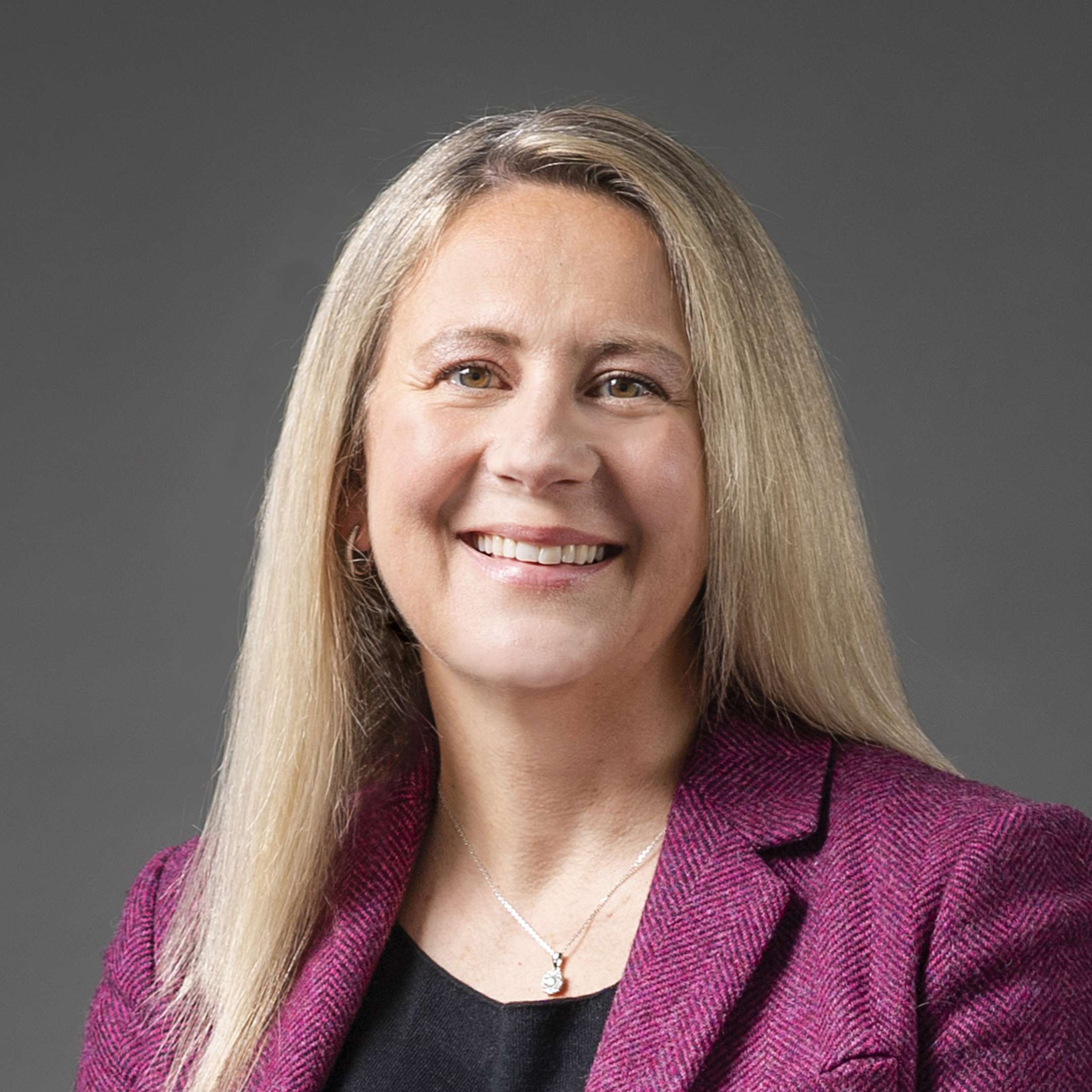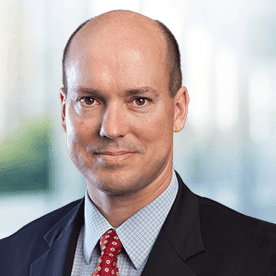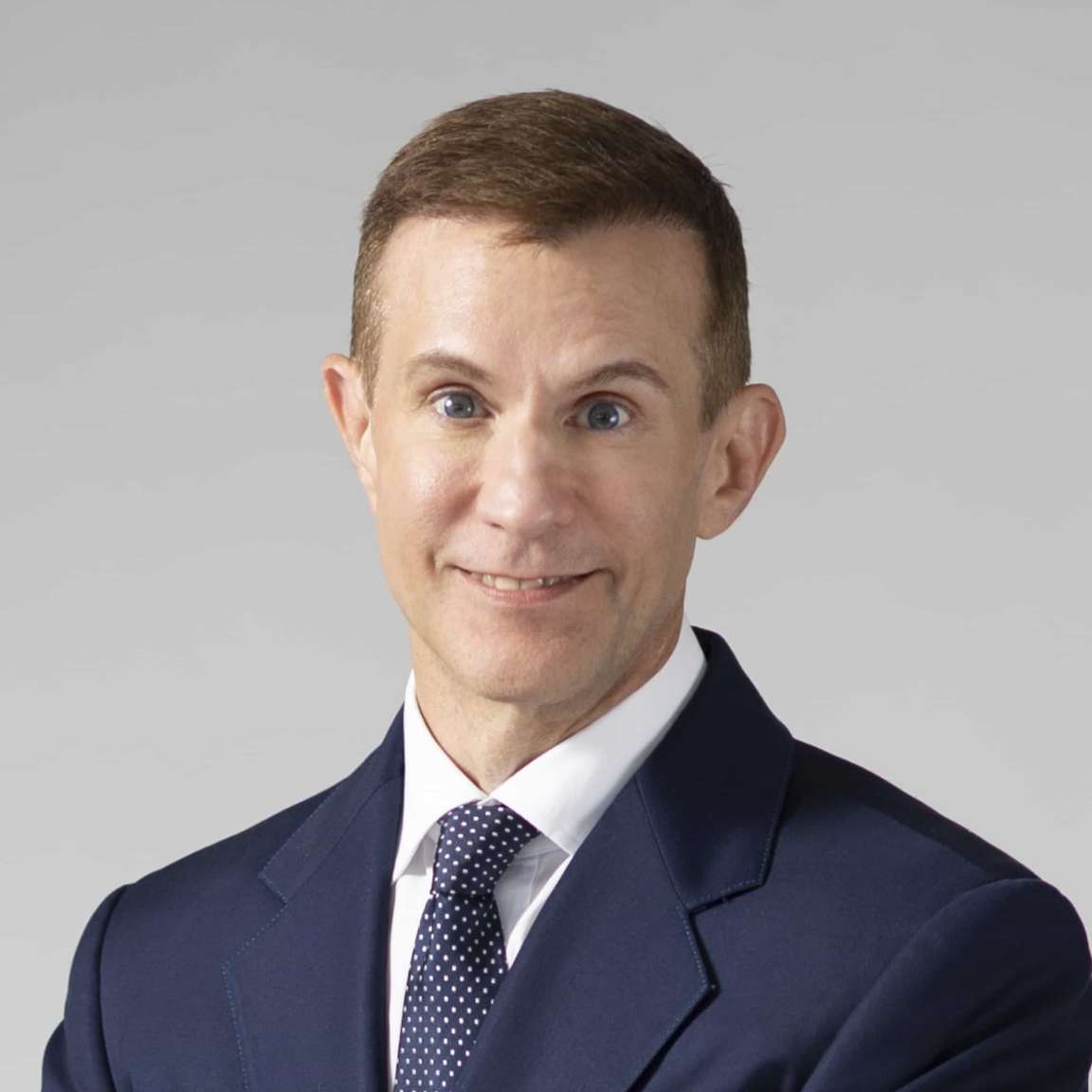by Erin Bigley, CFA, David Wheeler, CFA, Kent Hargis, PhD, Chief Investment Officer—Strategic Core Equities, Alliance Bernstein
Transcript
Erin Bigley: As equity investors hunt for opportunities, why should they consider climate-focused investing?Kent Hargis: We see plenty of investments growing in both energy transition, through wind and through solar, also through the growth of electric vehicles, and we expect that to grow much faster than the market over the course of the next 10 years. We also see that in the private sector is supporting or complementing the public sector.Erin Bigley: David, what are you seeing?
Dave Wheeler: I see government policies, I see technological innovation, I see capital flows really lining up behind the need to address climate change. And so when I think about the investment opportunities, certainly companies that provide solutions to climate challenges should see strong tailwinds for their businesses in the years ahead.
Kent Hargis: So really it is more than just excluding companies that have risk to climate change. It really is taking advantage of those opportunities.
Erin Bigley: How has the landscape for climate-focused investing changed over the past year or so?
Kent Hargis: The US has increased investments in renewables, solar and wind, with the aim of reducing carbon emissions by up to 40%. We also see on the European side, an attempt of similar spending, again focused on increasing renewables. The changes and the constraints here are really around permitting and actually getting the project started, and we're also seeing some advancements and some relaxation of some of the rules to move forward, it's actually getting some of these investments started and getting along the path that we're all aiming for.
Erin Bigley: We've just come out of COP 28. What sort of impact do you think that will have on climate-focused investing?
Dave Wheeler: When I think about not only COP 28, but other policy developments going on around the world, we're really seeing an alignment of political consensus around the need to address climate. And I think they'll result in accelerating capital into solutions to help address the challenges.
Erin Bigley: So can climate-focused strategies perform in a challenging environment?
Kent Hargis: We feel that investing in companies that are very high quality, that are at attractive prices, those companies will do quite well in this environment. So we like companies that have operational excellence, those companies that are still innovating on the quality side. We like companies that have less leverage, those that have very extended pipelines many years out in the future. And those companies that are more diversified in their customer base, so less exposed to a single client to reduce the risk of mispricing or causing issues with profitability.
Dave Wheeler: One thing that I think about is capital going in is not dependent upon economic growth and cycles. For example, over the last four years, which has been pretty bumpy, we've seen the amount of capital going into decarbonization double over that period. So we're seeing secular growth in this area that shouldn't be vulnerable to economic slowdown.
Erin Bigley: So how do you see this space evolving over the next several years?
Dave Wheeler: Along with high inflation, supply chain bottlenecks, rising interest rates, those have been headwinds to performance in climate investments. But as we move forward, I think those are going to move into the rearview mirror and it'll be smoother sailing for climate-related investments.
The views expressed herein do not constitute research, investment advice or trade recommendations and do not necessarily represent the views of all AB portfolio-management teams. Views are subject to revision over time.
*****
About the Authors
Erin Bigley is AB's Chief Responsibility Officer and a member of the firm's Operating Committee. In this role, she oversees AB's corporate responsibility practices and responsible investing strategy, including integrating environmental, social and governance considerations throughout the firm's research, engagement and investment processes. Bigley joined the firm in 1997 and previously served as a portfolio manager and trader for the global and Canadian bond strategies. She spent two years based in London as the global head of Fixed Income business development for institutional clients. Bigley served as a Fixed Income senior investment strategist for over a decade, and as head of the strategist team from 2018 to 2021. Most recently, she held the role of head of Fixed Income responsible investing, where she oversaw the Fixed Income team's responsible investing strategy. Bigley holds a BS in civil engineering from Villanova University and an MBA from the Massachusetts Institute of Technology's Sloan School of Management. She is a CFA charterholder. Location: New York
David Wheeler is a Portfolio Manager for the Sustainable Climate Solutions Portfolio and Senior Research Analyst for the Sustainable Thematic Equities Portfolios, covering the energy, industrials and materials sectors for the portfolio team. Prior to joining the firm in 2008, he was a managing director, analyst and portfolio manager at Neuberger Berman. Before that, Wheeler worked at J.P. Morgan as a research analyst for the energy sector. He holds a BA in economics from Middlebury College, and is a CFA charterholder. Location: New York
Kent Hargis is the Chief Investment Officer of Strategic Core Equities. He created the Strategic Core platform and has been managing the Global, International and US Strategic Core portfolios since their inception in 2011. Hargis has also been Portfolio Manager for the Global Low Carbon Strategy Portfolio since 2022. Previously, he managed the Emerging Portfolio from 2015 through 2023. Hargis was global head of quantitative research for Equities from 2009 through 2014, with responsibility for directing research and the application of risk and return models across the firm’s equity portfolios. He joined AB in 2003 as a senior quantitative strategist. Prior to that, Hargis was chief portfolio strategist for global emerging markets at Goldman Sachs. From 1995 through 1998, he was assistant professor of international finance in the graduate program at the University of South Carolina, where he published extensively on various international investment topics. Hargis holds a PhD in economics from the University of Illinois, where his research focused on international finance, econometrics and emerging financial markets. Location: New York
















